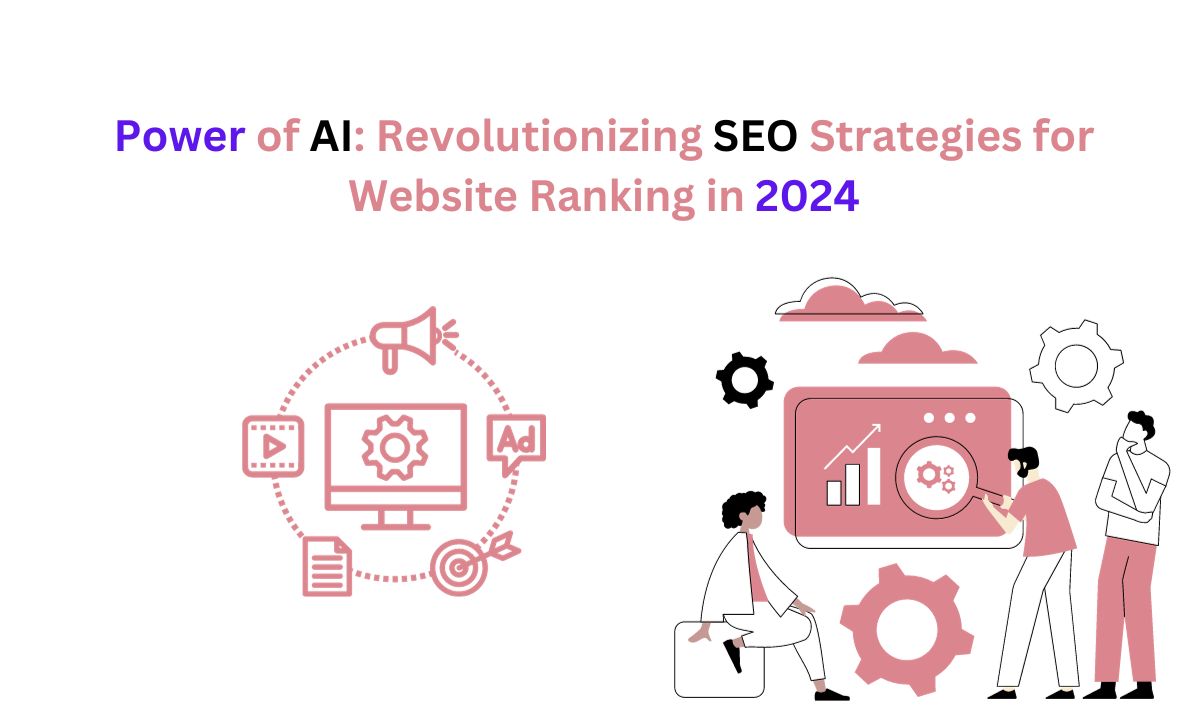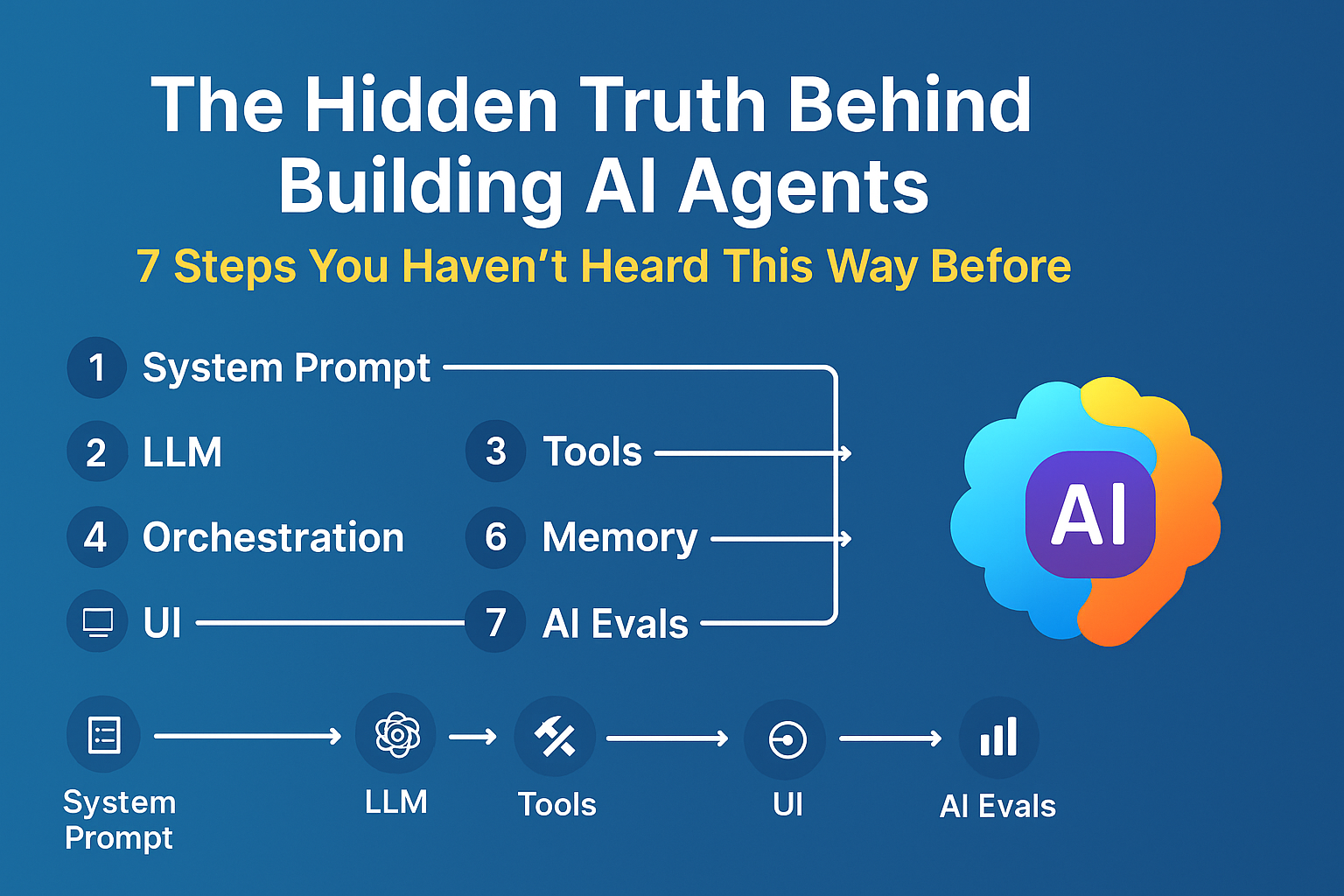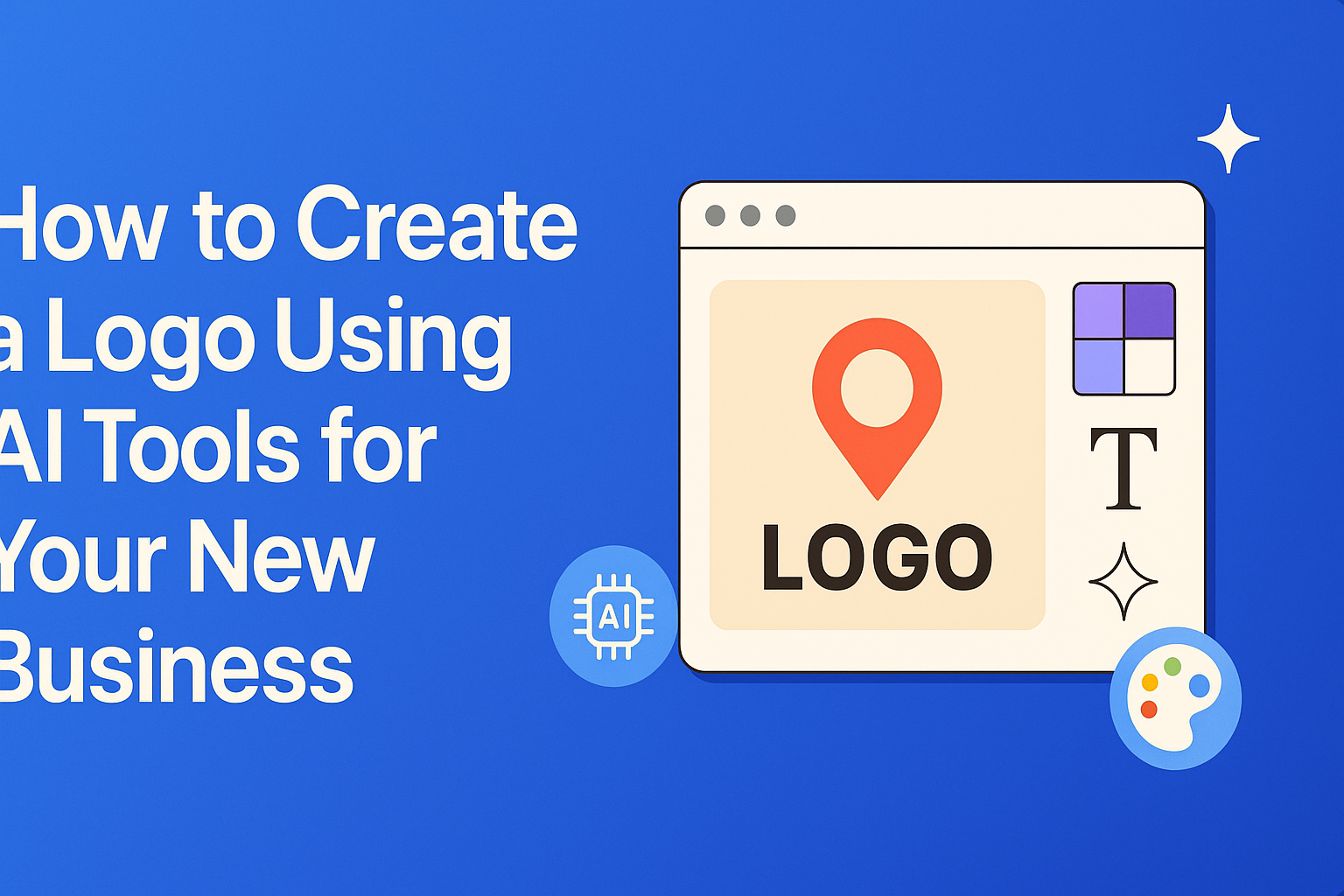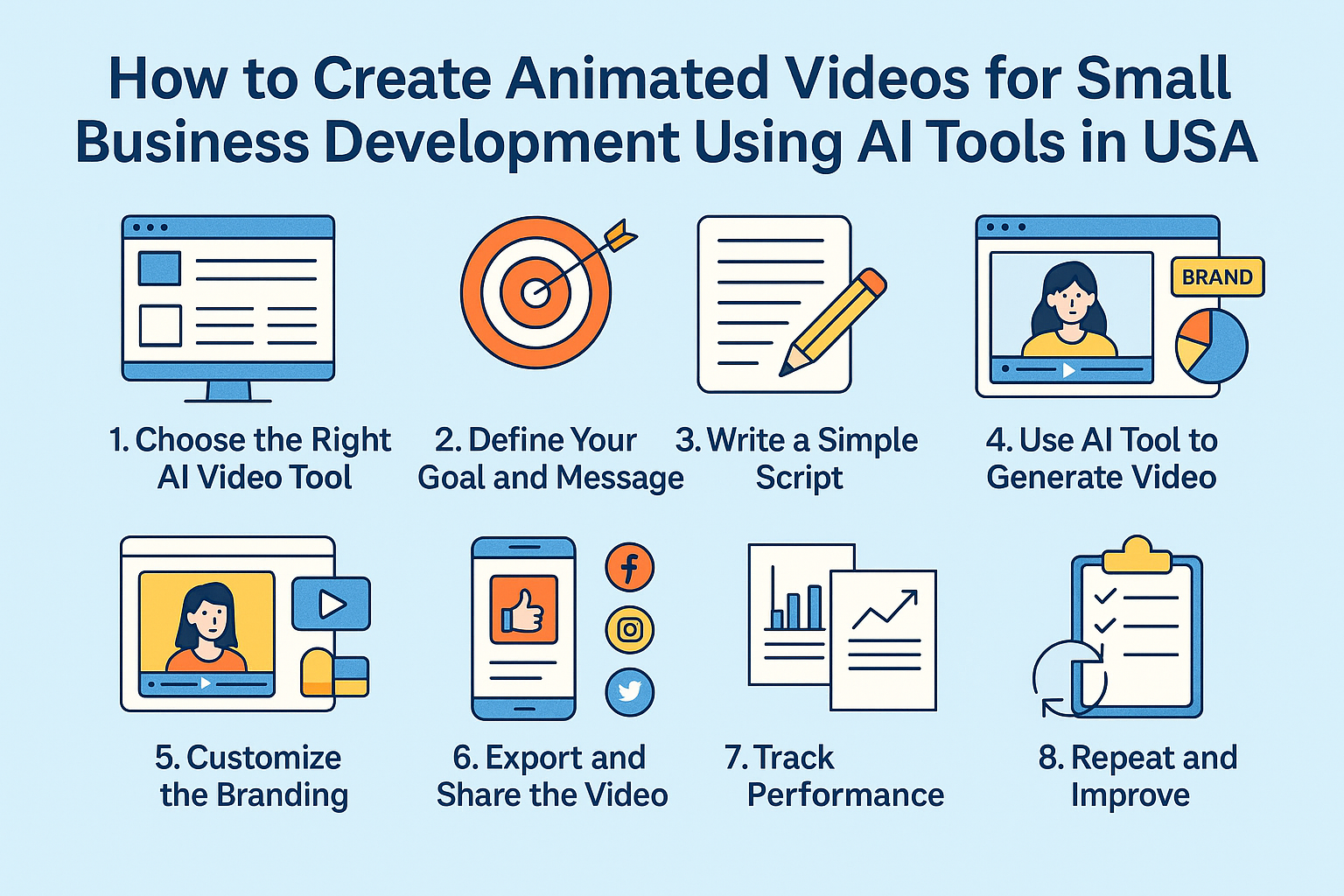Listen Now Our Blog Podcast
Getting your Trinity Audio player ready... |
In the ever-evolving landscape of the digital world, staying ahead of the curve is paramount, especially for SEO analysts striving to boost website rankings.
One technological marvel that has proven to be a game-changer in this regard is Artificial Intelligence (AI).
Let’s explore how AI is reshaping the way SEO analysts approach their craft, leading to improved rankings and enhanced online visibility.
1. Data-Driven Insights:
AI has the capacity to process vast amounts of data at an unprecedented speed. SEO analysts can leverage this capability to gain valuable insights into user behavior, industry trends, and competitor strategies.
By analyzing this data, analysts can make informed decisions about keyword targeting, content creation, and overall SEO strategy, ultimately contributing to higher search engine rankings.
2. Content Optimization:
Creating high-quality, relevant content is a cornerstone of effective SEO. AI tools, such as natural language processing algorithms, assist SEO analysts in understanding user intent and optimizing content accordingly.
This not only improves the user experience but also aligns content with search engine algorithms, increasing the likelihood of higher rankings.
3. Personalized User Experience:
AI plays a crucial role in personalizing the user experience on a website. By analyzing user behavior and preferences, AI algorithms can deliver tailored content recommendations and suggestions.
This not only keeps users engaged but also signals to search engines that the website provides valuable and relevant information, positively impacting its ranking.
4. Chatbots and Voice Search:
With the rise of voice search and the prevalence of chatbots, AI is becoming increasingly integral to SEO. Chatbots powered by AI can enhance user engagement, provide instant responses to queries, and improve overall user satisfaction.
Voice search optimization, another facet of AI, ensures that websites are optimized for the way people naturally speak, catering to the growing number of voice searches conducted daily.
5. Predictive Analytics:
AI-driven predictive analytics enables SEO analysts to forecast trends and anticipate shifts in the digital landscape.
By staying ahead of the curve, analysts can proactively adjust their strategies, ensuring that websites are optimized for emerging search patterns. This forward-thinking approach contributes to maintaining or improving search rankings in the long run.
6. Technical SEO Enhancements:
AI is instrumental in identifying and addressing technical SEO issues promptly. From crawling and indexing to website speed optimization, AI tools can automate and streamline various technical aspects of SEO, freeing up time for analysts to focus on more strategic elements of their campaigns.
AI-Based SEO Techniques
Keyword Research and Optimization:
Use AI tools to conduct in-depth keyword research, identifying high-value and relevant keywords for your industry.
Implement natural language processing algorithms to optimize content for user intent and search engine algorithms.
Content Creation and Enhancement:
Leverage AI-driven content creation tools to generate engaging and relevant content that aligns with targeted keywords.
Utilize sentiment analysis to understand audience reactions to content and refine future content strategies accordingly.
User Experience Optimization:
Implement AI-powered chatbots to enhance user interaction and provide instant responses to user queries.
Utilize personalization algorithms to deliver tailored content recommendations based on user behavior.
Voice Search Optimization:
Optimize website content for conversational queries to align with the growing trend of voice search.
Utilize AI tools to analyze voice search patterns and adjust content to match natural language queries.
Technical SEO Automation:
Employ AI tools for automated website audits to identify and rectify technical issues promptly.
Use machine learning algorithms to analyze website speed and implement optimizations for faster loading times.
Competitor Analysis:
Utilize AI for competitive intelligence by analyzing competitors’ strategies, keywords, and content performance.
Implement insights gained from AI analysis to refine and strengthen your own SEO strategy.
Predictive Analytics:
Leverage AI-driven predictive analytics to forecast upcoming trends in search behavior.
Use insights to proactively adjust content and SEO strategies to align with emerging trends.
Backlink Analysis and Building:
“Utilize AI tools to analyze backlink profiles, identifying high-quality backlink opportunities.”
Implement AI algorithms to assess the authority and relevance of potential backlink sources.
Mobile Optimization:
Utilize AI tools to analyze and optimize websites for mobile devices, considering factors like responsive design and mobile page speed.
Data Analytics and Reporting:
Implement AI for in-depth data analysis to track and measure the effectiveness of SEO strategies.
Use AI-generated reports to communicate key performance indicators and insights to stakeholders.
In conclusion, the integration of AI into SEO practices has ushered in a new era of efficiency and effectiveness.
By harnessing the power of AI for data analysis, content optimization, personalized user experiences, and staying ahead of emerging trends, SEO analysts can propel their websites to new heights in search engine rankings.
As the digital landscape continues to evolve, embracing AI is not just a choice but a necessity for those aiming to achieve and maintain competitive visibility online.




